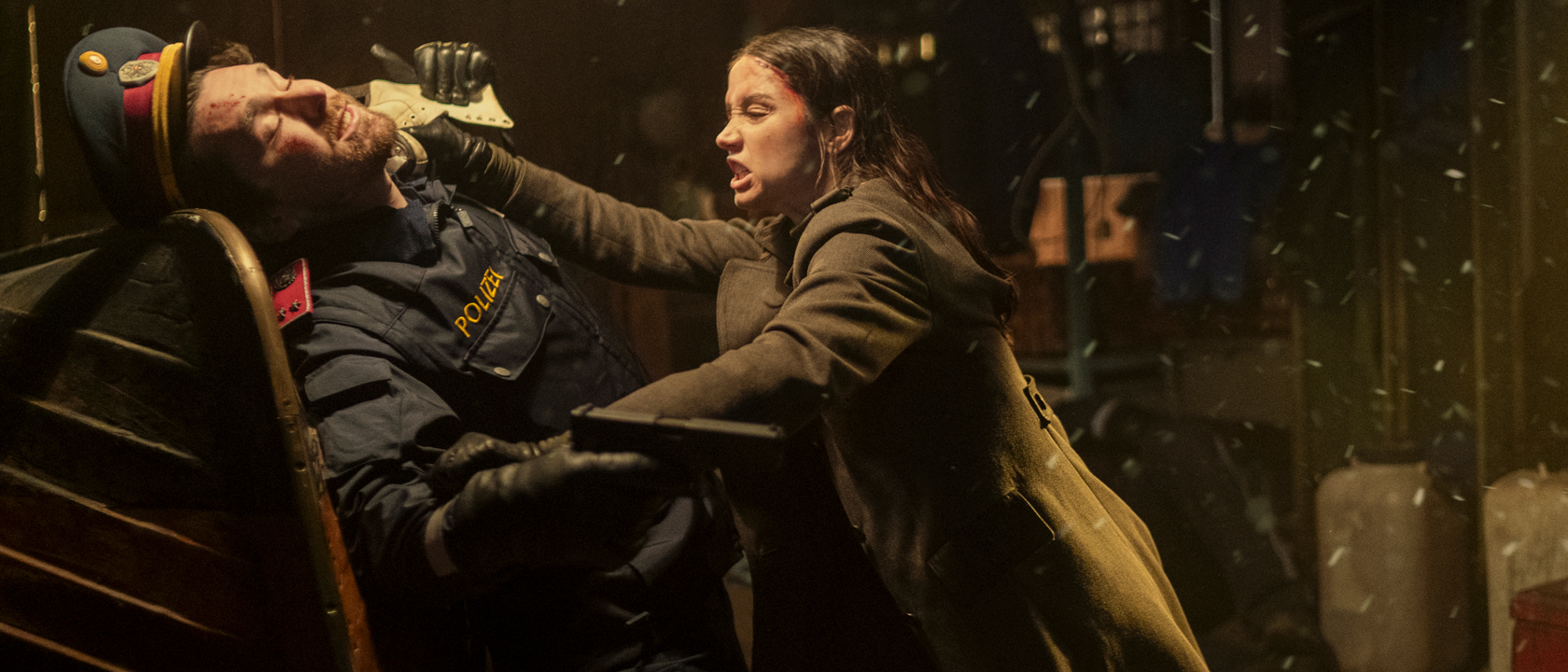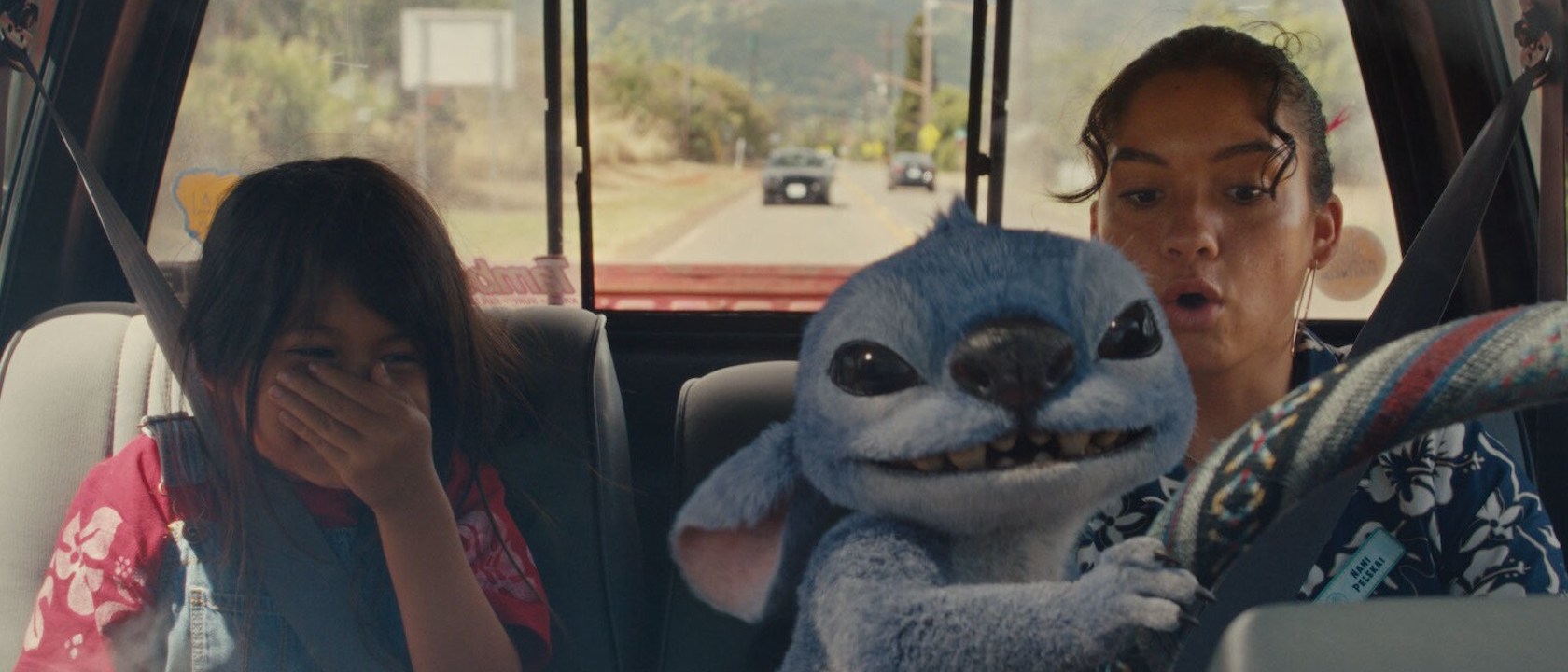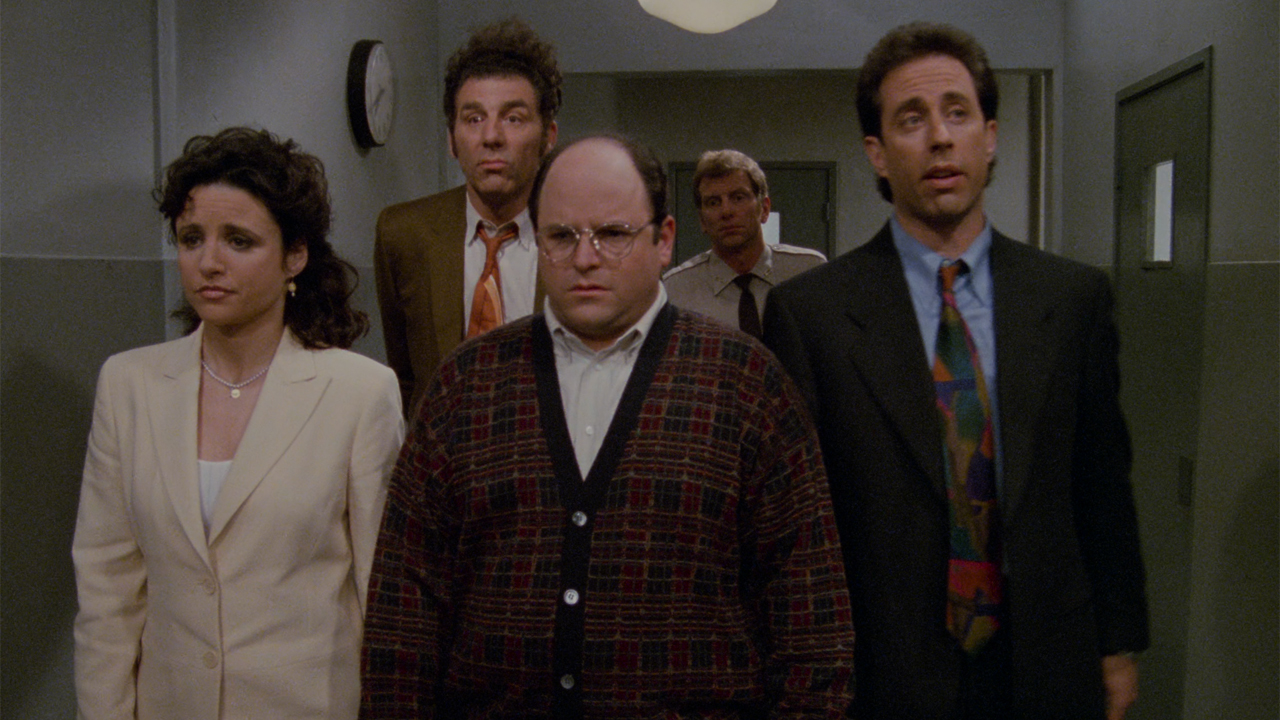Reviews
Latest Reviews
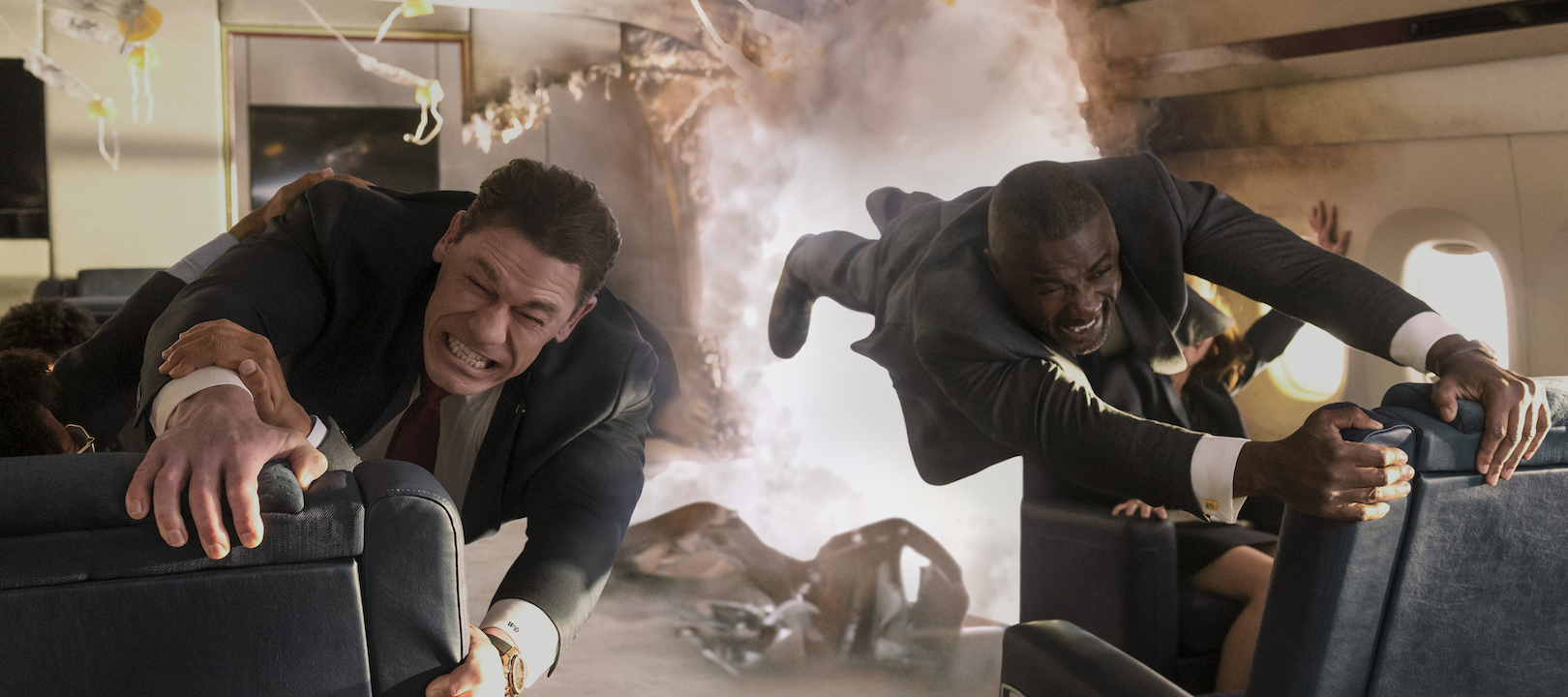
Heads Of State Review: John Cena And Idris Elba's Buddy Action-Comedy Is Giving 48 Hrs. And Lethal Weapon, And I Had A Blast
By Nick Venable published
Big muscles, big egos, big laughs.
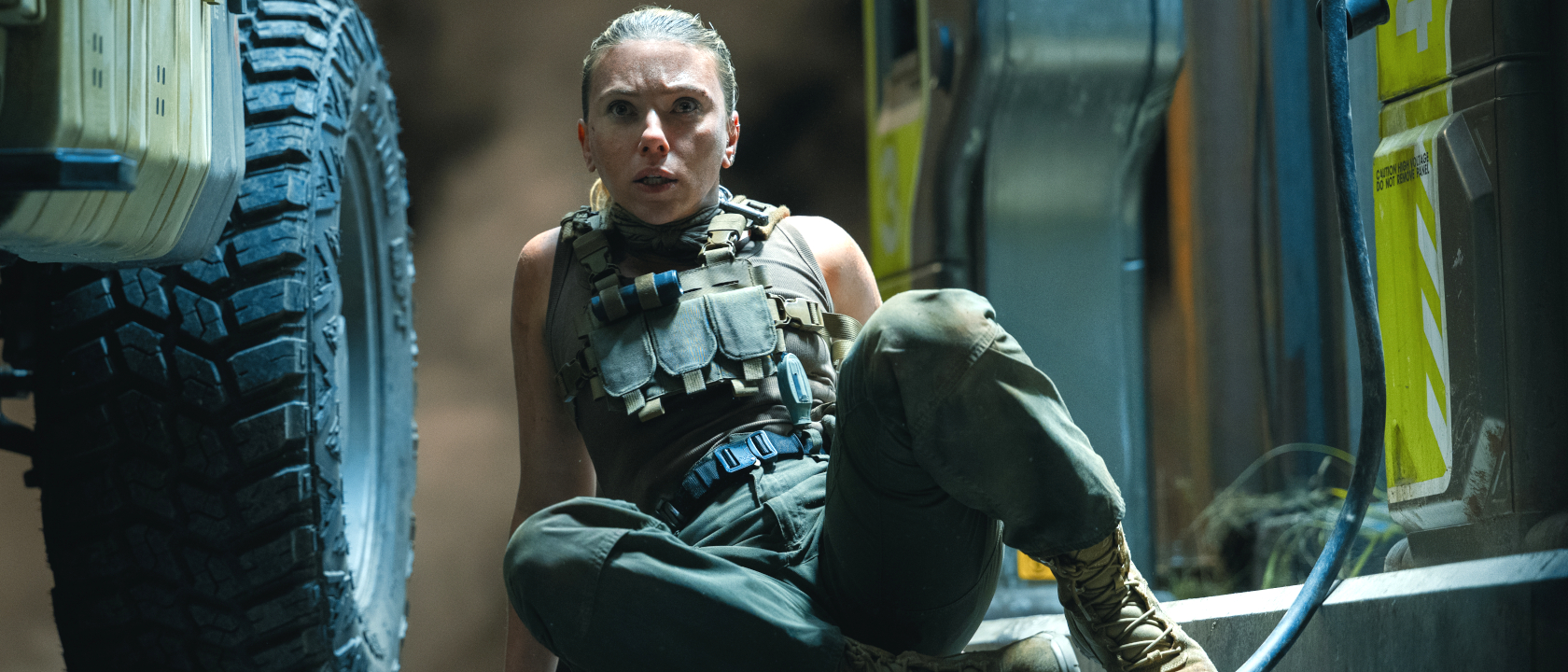
Jurassic World: Rebirth Review: I Was Really Hoping They’d Have Thrills On This Dinosaur Tour
By Mike Reyes published
When’s the last time you were disappointed by a dinosaur?

M3GAN 2.0 Review: I’ve Never Been Happier To See A Killer Doll Come Back To Life
By Sarah El-Mahmoud published
M3GAN is now iconic 2x.
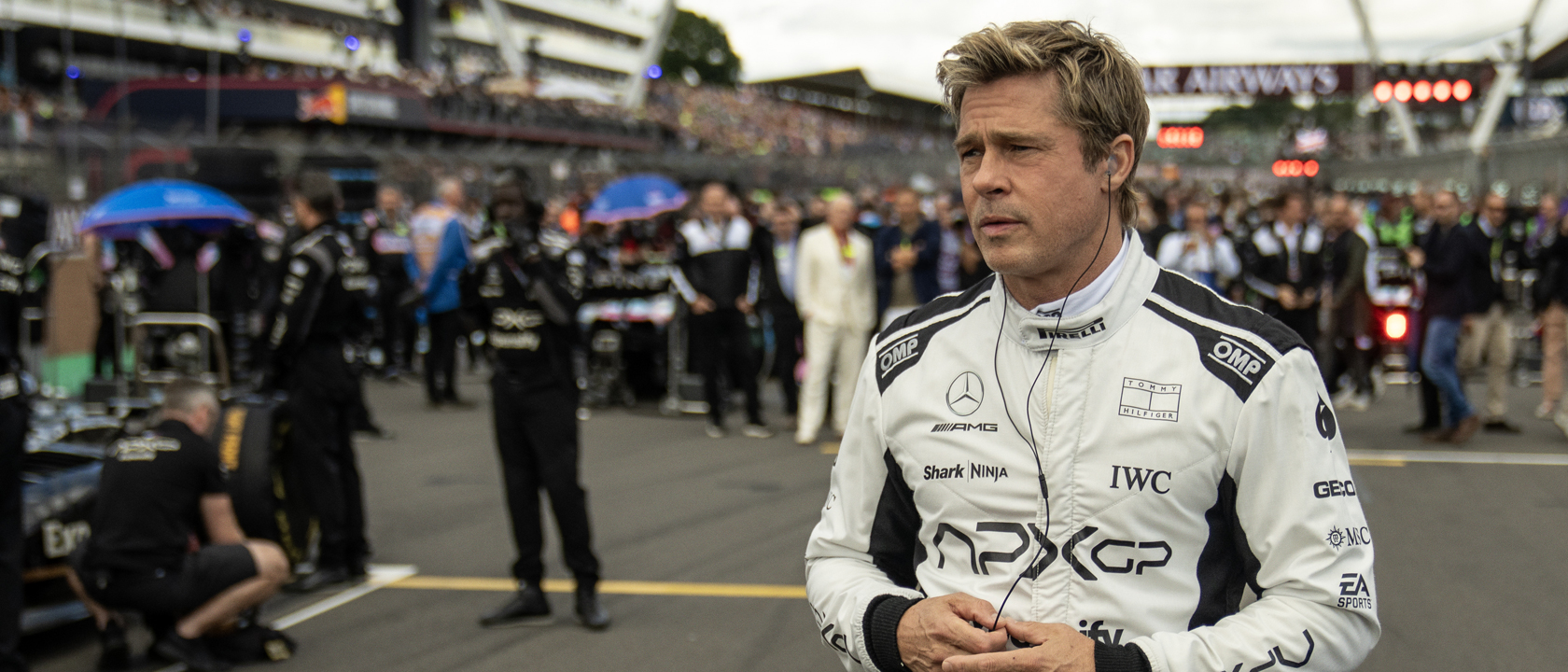
F1 Review: I Love The Eye-Popping Races, But The Sports Movie Clichés Are Overwhelming
By Eric Eisenberg published
You've seen this movie a hundred times already.
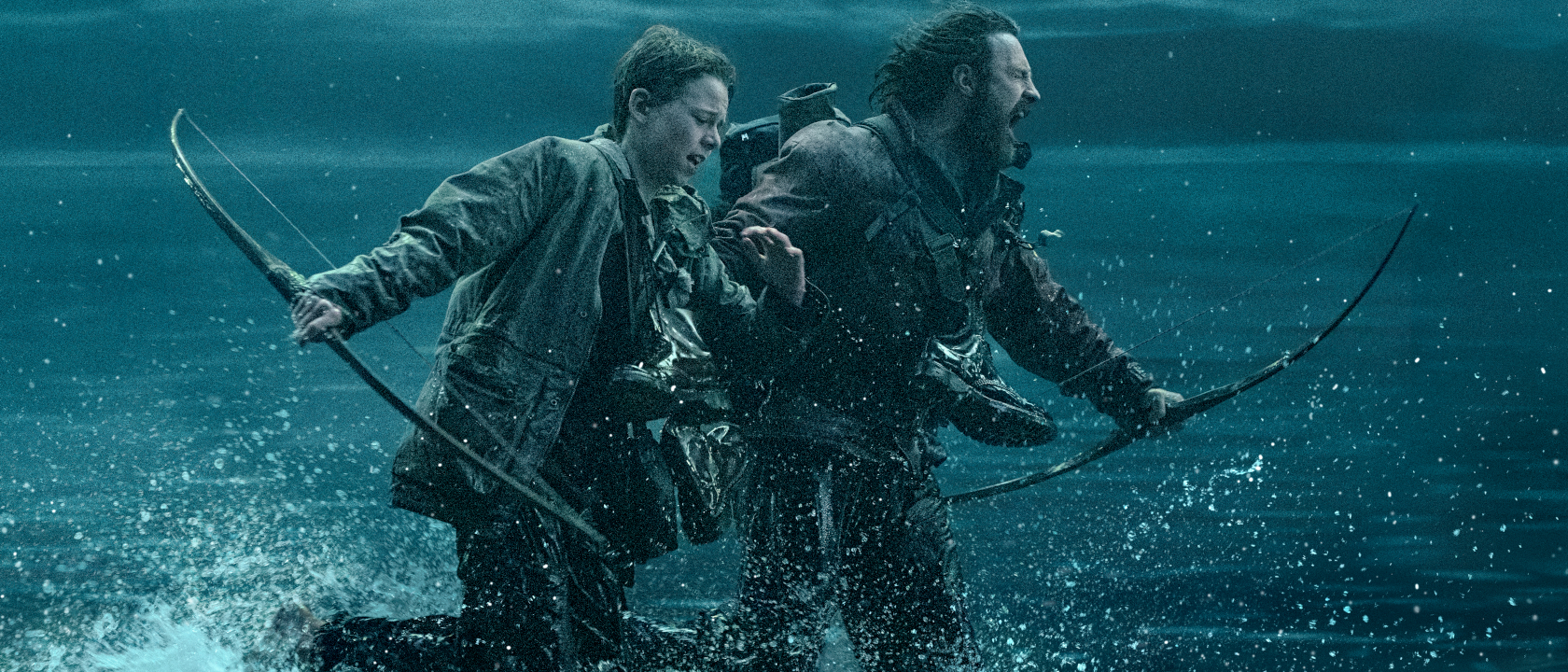
28 Years Later Review: Danny Boyle And Alex Garland’s Legacyquel Proves Well-Worth The Bloody Wait
By Mike Reyes published
Danny Boyle and Alex Garland’s return to the franchise yields a film that doesn’t skip a heartbeat.
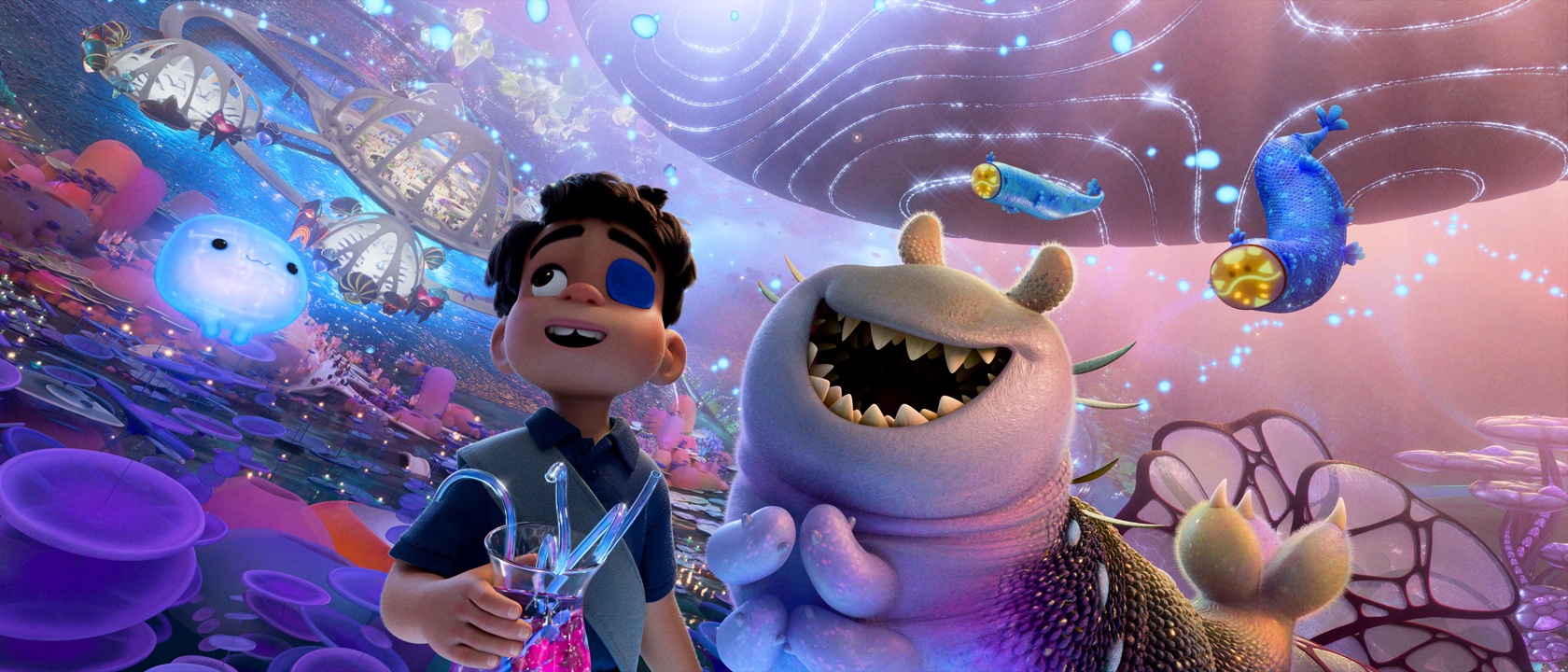
Elio Review: Pixar's Newest Sci-Fi Adventure Has Plenty Of Imagination, And It Makes Up For A Choppy Story
By Eric Eisenberg published
The sweet story with strong themes has storytelling issues.
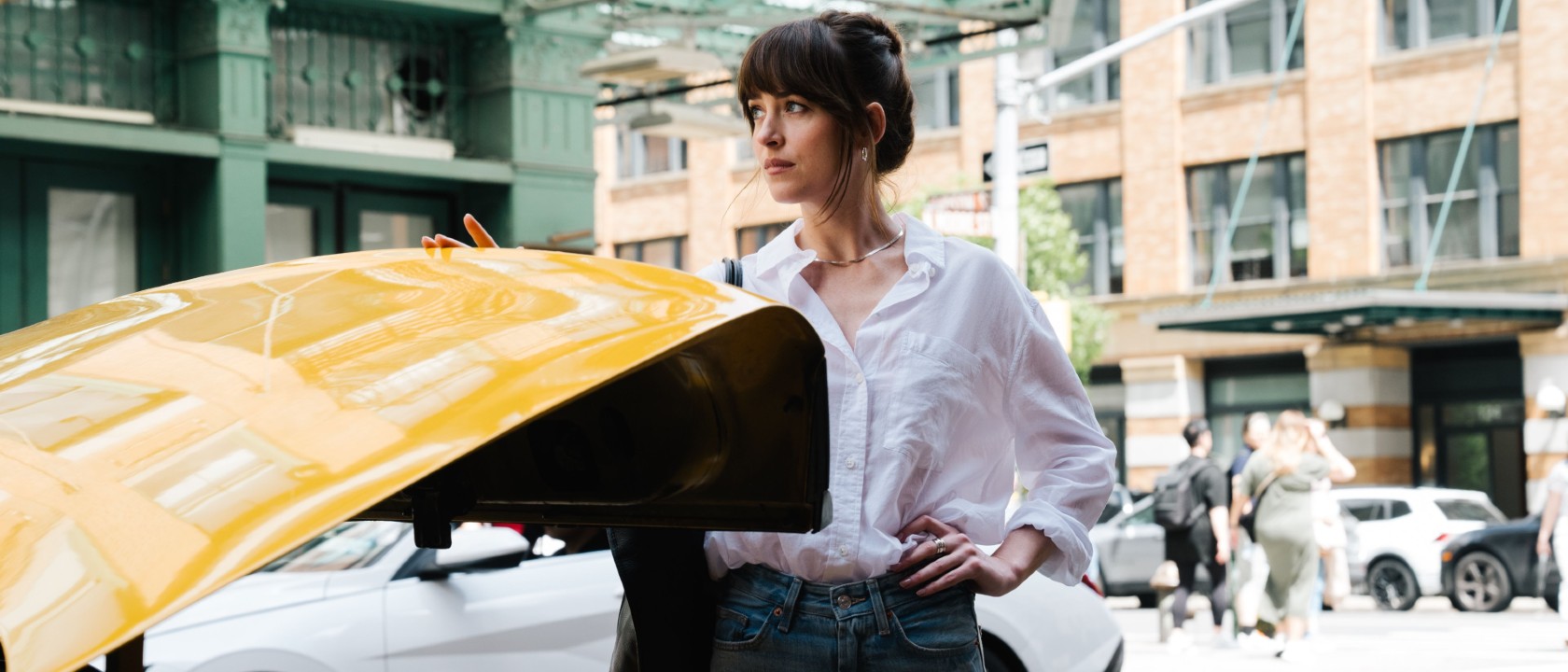
Materialists Review: Celine Song’s Romance Brilliantly Plays With Rom-Com Tropes To Tell A Deeply Romantic Yet Realistic Love Story
By Riley Utley published
I bet it’ll make you question relationships and believe in love.
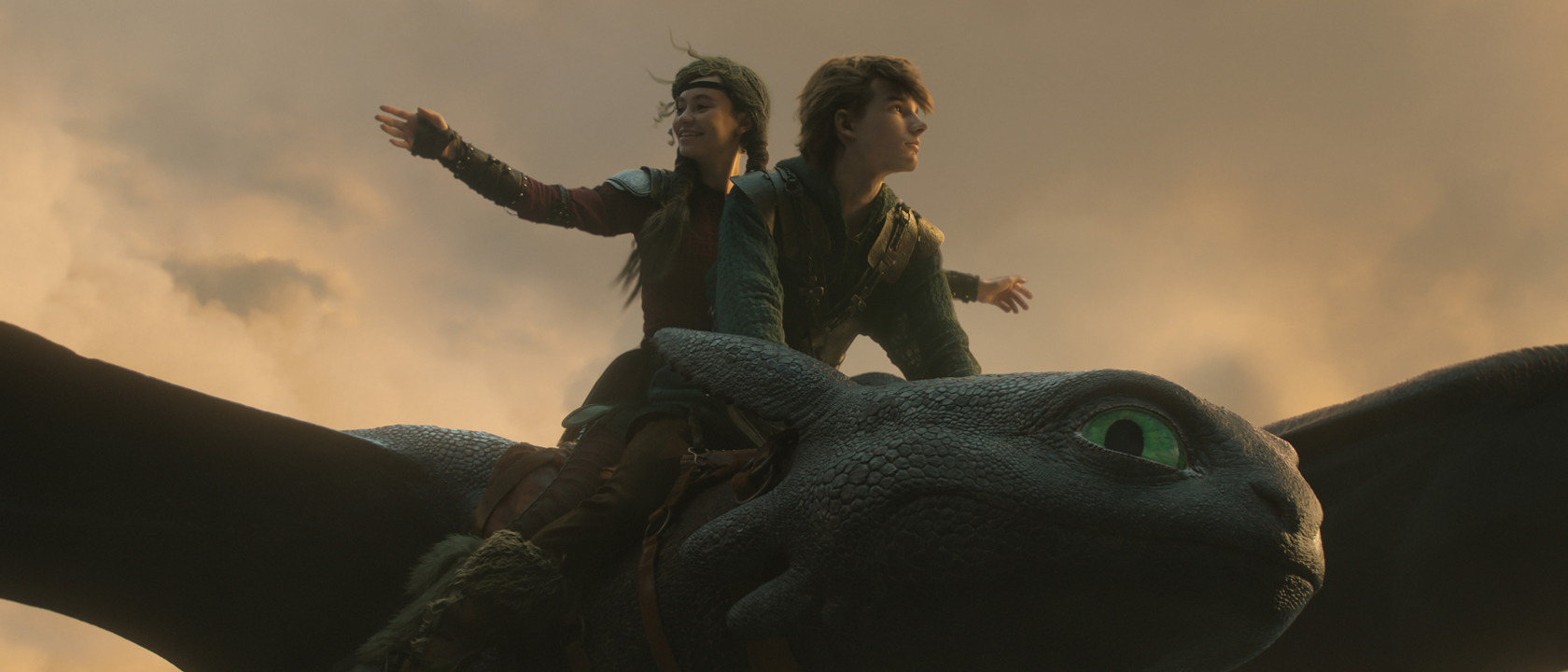
How To Train Your Dragon (2025) Review: An Emotional, Fantastical Adventure That Fails To Answer The Big Question
By Eric Eisenberg published
Comparisons are going to be inevitable, so there is an onus on the work to present a reason for existing.
Your Daily Blend of Entertainment News
